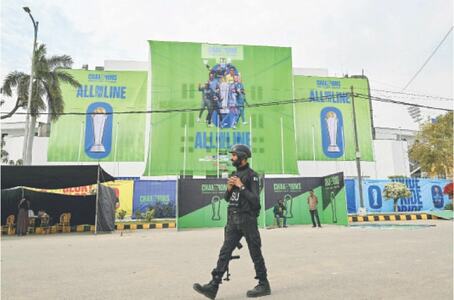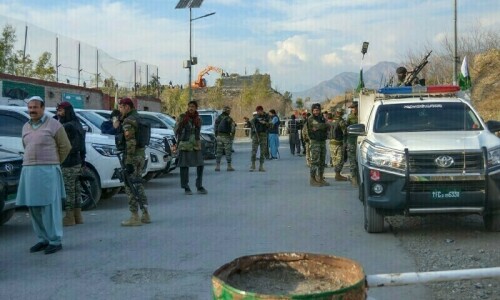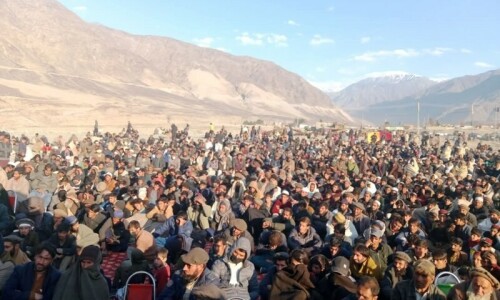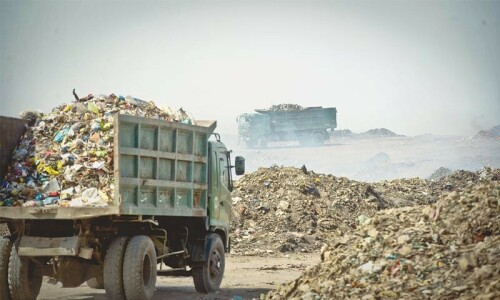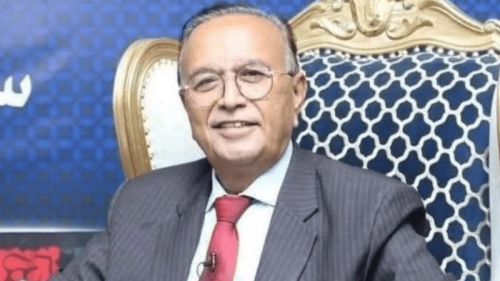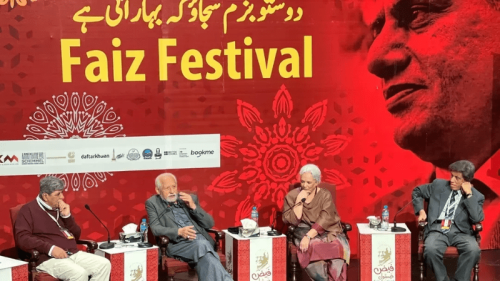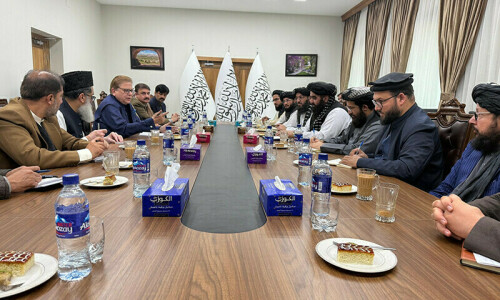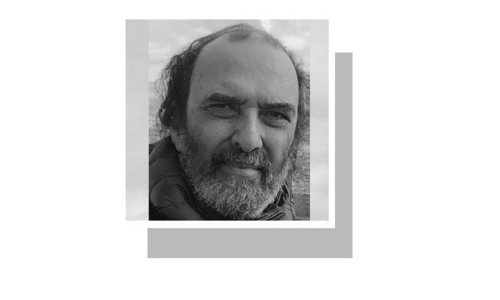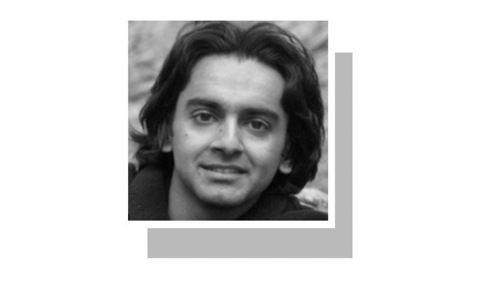Recently, RSS, the extremist Hindu organisation, proudly announced the conversion of 350 Muslims as part of its ‘Ghar Vapsi’, or Return to Home programme. It is also planning to convert 4,000 Christians at Christmas as part of the same drive. According to reports, these mass conversions are being induced by promises of government housing and other benefits.
The RSS and other Hindutva organisations argue that both communities had converted away from Hinduism a few generations ago, and this return to the fold is a sort of spiritual homecoming. It is a fact that almost all non-Hindus in the subcontinent today are the descendants of Hindu forefathers. Those Muslims claiming Arab, Turkish or Afghan genes, are actually the progeny of Hindus who converted to Islam or Christianity to either escape the burden of low caste, or for professional advancement.
Those who opted out of Hinduism in an attempt to shed the shackles of low caste had — and continue to have — good reason: in a searing article (The Cruelty of Caste) in the December issue of Prospect, Arundhati Roy gives graphic details about life for the Dalits, or Untouchables, who are the lowest of the low of Indian society. Here are some of the facts she has cited:
“According to the National Crime Records Bureau, a crime is committed against a Dalit by a non-Dalit every 16 minutes; every day, more than four Untouchable women are raped by Touchables; every week, 13 Dalits are murdered and six Dalits are kidnapped… (the rule of thumb is that only 10 per cent of rapes and other crimes against Dalits are ever reported) … That’s just the rape and the butchery. Not the stripping and parading naked, the forced shit-eating (literally), the seizing of land, the social boycotts, the restriction of access to drinking water…”
This is a dark side of India excluded from the jubilant slogans of ‘India Shining’, and one of which most Indians are in deep denial over. For decades, India has touted the highest principles of human rights in the international arena, while permitting a system far worse than apartheid at home. To be fair, the Indian constitution guarantees equal rights for all its citizens, and successive governments have granted reserved quotas for the ‘scheduled castes’. However, these steps have done little to improve the lot of millions unfortunate enough to be born into the horrors of untouchability.
But before we in Pakistan feel smug about this appalling discrimination across the border, let us not forget what we do to the weak and the vulnerable. Hindus, Christians and Ahmadis are ruthlessly targeted; Shia Hazaras are slaughtered indiscriminately by extremist groups; and women remain at risk across the country. While our constitution, too, promises equal rights to all, the reality is that the police seldom register cases where minorities are the victims; and when they do, no serious investigation takes place.
In both countries, the major problem is that society and the establishment do not consider a crime against a member of the underclass to be serious enough to warrant their time and resources. Also, it is human nature to kick those below us in the pecking order. The Hindu caste system has merely institutionalised this aspect of our inhumanity. Roy quotes B.R. Ambedkar, the Dalit intellectual who led the struggle for ending discrimination against the Untouchables: “If the fundamental rights are opposed by the community, no law, no parliament, no judiciary can guarantee them in the real sense of the word.”
And this is equally true in India and Pakistan: when those in the upper echelons of society are convinced their status can best be preserved by oppressing those at the bottom of the pile, then there is no incentive for them to redress the balance. This is especially true when a grossly unjust system has the stamp of approval of religion. An ignorant and insensitive clergy is happy to endorse and perpetuate these attitudes.
While the caste system is woven into Hinduism, it has also seeped into all non-Muslim cultures in South Asia; as, indeed, have many Hindu social customs and mores. But while those such as marriage rites are harmless and colourful, the taint of being born into a low-caste family is indelible in a supposedly Muslim, egalitarian country like Pakistan.
As Roy explains, there are around 4,000 castes and sub-castes in India. The four main categories, or varnas, are: Brahmin (priests); Kshatriyas (warriors); Vaishyas (traders); and Shudras (servants). “Outside of these varnas are the avarna castes, the Ati-Shudras, subhumans, arranged in hierarchies of their own — the Untouchables, the Unseeables, the Unapproachables — whose presence, whose touch, whose very shadow is considered to be polluting by privileged-caste Hindus.”
So why has such an evil system existed unchallenged for thousands of years? Why haven’t these millions of low-caste Hindus rebelled? In some cases, there have been local revolts, but they have been crushed. Other movements have morphed into long-simmering civil wars like the Naxalite struggle. But basically, because of the deeply ingrained belief that caste is determined by actions in a previous reincarnation, low-caste Hindus are brainwashed into believing that if they accept their lot in this life, they have a chance of being born into a higher caste in their next reincarnation.
A couple of years ago, I quoted Roy in another context, and was roundly abused by Indian readers, many of whom consider her a traitor. But over the years, Roy has reported from the dark side of India in a valiant and often solitary effort to right historic, social and economic wrongs. Indians in denial do not wish to be reminded of aspects of their society they have swept under the carpet. But like it or not, the iniquities of the caste system are too enormous to ignore for Indians with a conscience.
Published in Dawn December 15th , 2014



